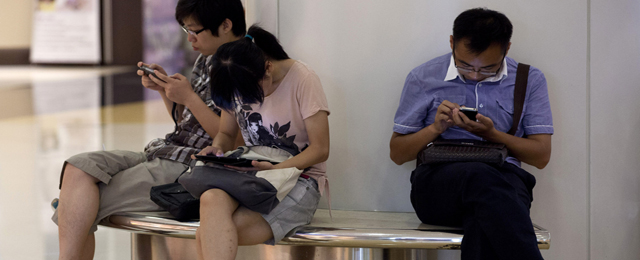China is facing the challenges caused by a dramatic transition towards an economy driven by consumption. And yet the country is able to come up with the biggest commercial event in the world. Such a paradox is one more proof of the subversive transition process the country is facing. In only 24 hours, Alibaba’s e-commerce websites Tmall and Taobao made 35 billion yuan ($5.7 billion) in sales. Last year the figure was of 19 billion yuan. Alibaba created this event with the idea of giving the avid Chinese consumer the chance of enjoying all kinds of discounts only for one day, the 11.11 (when China celebrates Singles Day).
Such a visionary idea is in line with the great potential of the Internet in the development of China’s domestic consumption. The guidelines recently released by China’s state council stressed that “encouraging the consumption of information products could revive domestic consumption and work as a new engine of growth. Additionally investing in a stronger information society would encourage the restructuring of the economy, update the service sectors and improve people lives”.
The report predicts an annual growth of 20% in the consumption of these kinds of products, until reaching the amount of 3.2 trillion yuan (518 billion US dollars) in the year 2015. To achieve this, China plans to improve telecommunications infrastructure and encourage the growth of local Smartphone, TVs, computers and tablets producers.
The success of such an ambitious consumption 2.0 plan will depend on the new reforms announced by mid-November with the end of the plenum of the Communist Party Central Committee.
The telecommunications sector is controlled by powerful state-owned companies, eager to protect their interests and privileges. The reforms would make this sector more competitive. But experts worry this might not lead to much needed private capital.
Beijing trusts the huge potential of blooming Internet industry. The idea is reminiscent of modern concepts of sophisticate industrialization, informatization and urbanization. Impossible to achieve without the building of a modern information society that beats the inefficiency of the current system.






Be the first to comment on "China’s Consumption Paradox"